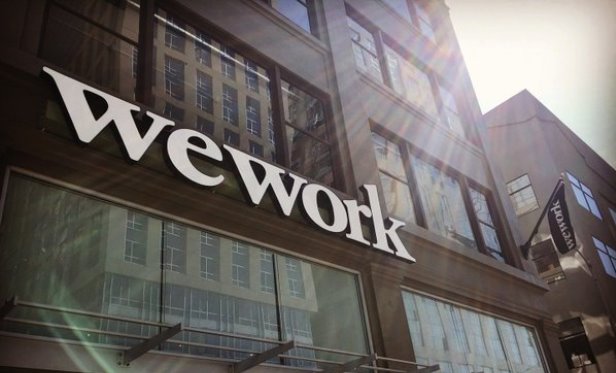
SAN FRANCISCO—South of Market has the most flexible workspace centers, while the Financial District is the most expensive in the city with an average monthly cost-per-desk of $1,500, according to new research by workspace innovation company, The Instant Group. The average desk cost in other areas of the city include Nob Hill at $1,192, South of Market at $998 and downtown at $950.
The average cost-per-desk citywide is $1,046, making it the fourth most expensive city in the country behind Boston, Los Angeles and Seattle. It is also one of the fastest-growing flexible workspace markets in the world, alongside New York and Los Angeles.
Instant has analyzed the average monthly cost-per-desk in key neighborhoods, as well as the year-over-year growth in each of these submarkets. Last year, San Francisco experienced a 13% increase in centers offering co-working, flexible and hybrid office space. This was against an already established base, with high desk rates indicating the strength of the market.
“We are seeing more businesses trade traditional offices for flexible workspaces and large enterprise companies are now joining freelancers and start-ups in this market,” said Marie Phillips, business development director for The Instant Group.
Several operators in San Francisco are highly focused on targeting tech start-ups, but there are a growing number of operators focusing on niche businesses in film, print and retail. With notable growth of flexible space in the US overall and the expansion of large operators such as WeWork into key areas, it is worth noting that more than half of all centers are run by independent operators. Some of the city's most notable operators include Knotel, Bespoke, TechSpace and Werqwise.
“San Francisco is really the home of co-working, and, as such, has one of the most evolved markets for flex space compared to other global cities. However, the number of flex centers is still relatively limited compared to New York and London, and demand from clients is still growing by 15%-plus each year, so we see real potential for the market to grow,” Phillips tells GlobeSt.com.
The Financial District had impressive growth across the board with a 15% increase in the number of centers offering flexible workspace, says Instant. WeWork opened in FiDi, Werqwise opened in April and Mindspace will open in August with a 40,000-square-foot center.
Start-ups, tech firms and media companies are increasingly interested in neighboring Jackson Square office space. WeWork's exclusive boutique center is close to 100% capacity, which suggests Nob Hill's appeal as a work hub is growing. Spaces also opened a new center at Levi Plaza. There was a 25% increase in all office space types last year as more businesses discovered the hidden value flexible office space can offer in this exclusive area of North FiDi/Nob Hill.
The supply of office space in SoMa increased by 14% last year as more centers began offering a combination of co-working and private office space. For example, the Galvanize campus in this area is a highly sought-after base for start-ups and established companies.
The Market Square development revived downtown as Twitter became the lead tenant in the area, followed by brands such as Dolby and Zendesk. Operators have opened several locations in the up-and-coming Mid-Market area.
“Co-working and flex space has become a natural route to market for start-ups but is also now becoming a key part of corporate real estate strategy as shown by the increase in inquiries for larger space of 20-plus desks,” Phillips tells GlobeSt.com. “Flex space is the new normal in San Francisco's commercial real estate sector and our confident prediction is that it will be growing by at least 10% in the coming year.”
Founded in 1999, The Instant Group rethinks workspace on behalf of its clients to inject flexibility, reduce cost and drive enterprise performance. Instant places more than 7,000 companies a year in flexible workspace such as serviced, managed or co-working offices including Amazon, American Express, Sky, Network Rail, Serco, Teleperformance, Worldpay and TMF.
© Touchpoint Markets, All Rights Reserved. Request academic re-use from www.copyright.com. All other uses, submit a request to [email protected]. For more inforrmation visit Asset & Logo Licensing.







